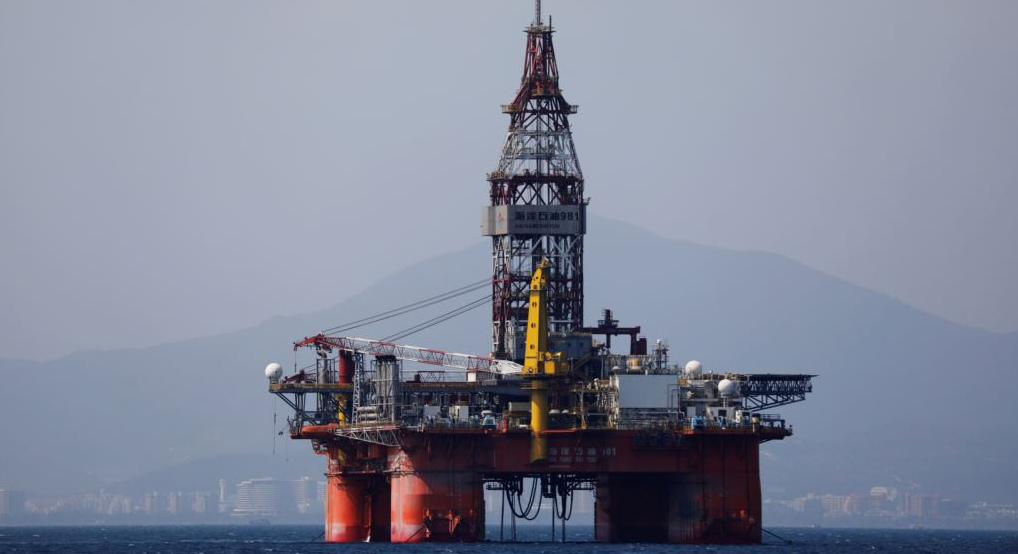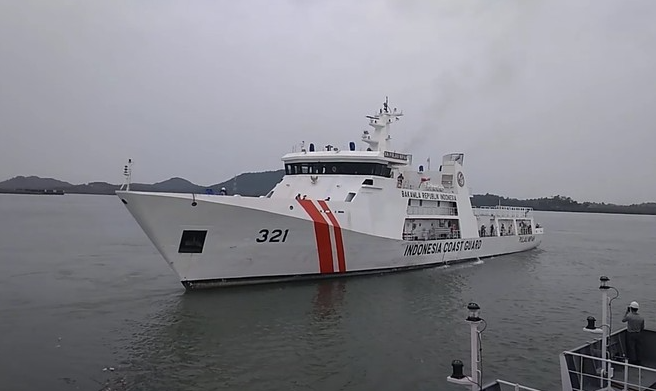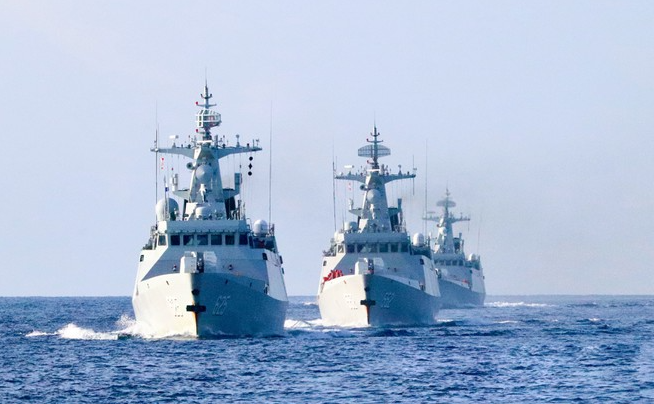South China Sea (Bien Dong Sea): Japan joins battle of diplomatic notes
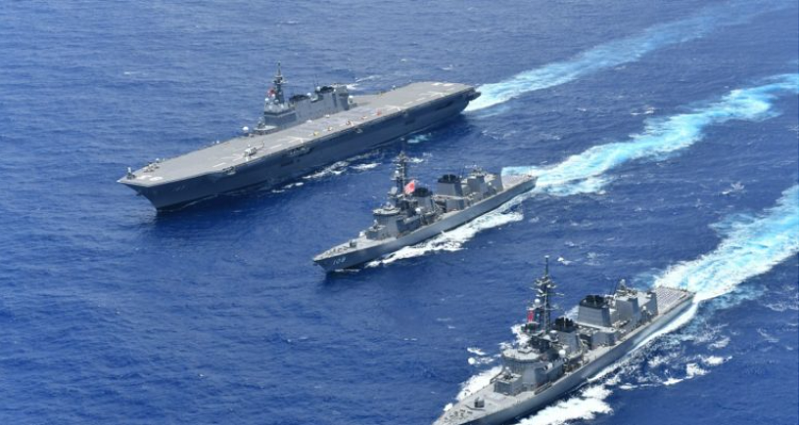 |
| Japan conducts Indo-Pacific deployment training. Photo: Japan Maritime Self Defense Force (JMSDF) |
The Permanent Mission of Japan to the United Nations has rejected China’s maritime claims in the South China Sea, lengthening list of countries protesting Chinese expansionism in the resource-rich sea.
By a Note Verbale, Japan rejects China’s position that the “drawing of territorial sea baselines by China on relevant islands and reefs in the South China Sea conforms to UNCLOS and general international law” following Chinese Note Verbale No. CML/63/2020.
The United Nations Convention on the Law of the Sea (UNCLOS) sets forth the conditions for the application of baselines in a specific and exhaustive manner, whereas China has failed to invoke the relevant provisions of UNCLOS in asserting the lawfulness of the baselines in question, showed the diplomatic note.
“There is no room for a State Party to justify the application of baselines that do not satisfy the conditions stipulated under UNCLOS,” stated the note.
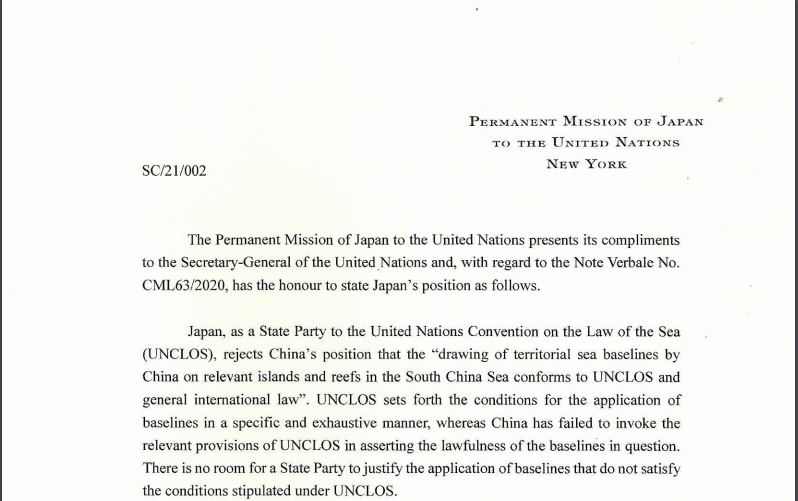 |
| The Permanent Mission of Japan to the United Nations has rejected China’s maritime claims in the South China Sea, lengthening list of countries protesting Chinese expansionism in the resource-rich sea. |
As a matter of fact, China protested the overflight of Japanese aircraft in the airspace surrounding Mischief Reef and attempted to restrict the freedom of overflight in the South China Sea.
China’s Note Verbale No. CML/63/2020 was submitted to the UN in September, 2020 in response to Notes Verbales against Beijing’s claims in the sea lodged in the same month by France, Germany, and the UK or EU Three.
Japan is the 10th country rejecting China’s maritime claims in the South China Sea following Malaysia’s initial role with a Note Verbale submitted in December 2019, according to Hanoi Times.
Experts called the process a “lawfare”
Emeritus Professor Carl Thayer, a veteran Southeast Asia expert, said in the case of the UN Commission on the Limits of the Continental Shelf (CLCS), a note verbale sets out a state’s official legal position on claims for an extended continental shelf. If a state fails to respond to a claim, this could be taken as evidence that the state acquiesced.
If the CLCS ruled in favor of Malaysia, this would be a huge blow to China’s legal position not to say China’s prestige, Prof. Thayer was cited by Hanoi Times as saying.
The note was issued hours before a high-level consultation on maritime affairs between China and Japan during which Japanese diplomats lodged a protest against the growing presence of Chinese coastguard vessels near the Senkaku Islands, according to Stars and Stripes. Known as the Diaoyus in China, the islands are controlled by Japan but also claimed by Beijing and Taipei, according to South China Morning Post.
Japan’s diplomatic note follows similar submissions urging Beijing to comply with the landmark 2016 ruling from the US, Australia, Britain, France and Germany, along with Indonesia, Vietnam and the Philippines.
“The addition of Japan to the international legal coalition adds weight to the 2016 tribunal ruling,” said Yoichiro Sato, a professor of Indo-Pacific security with Ritsumeikan Asia-Pacific University in Japan.
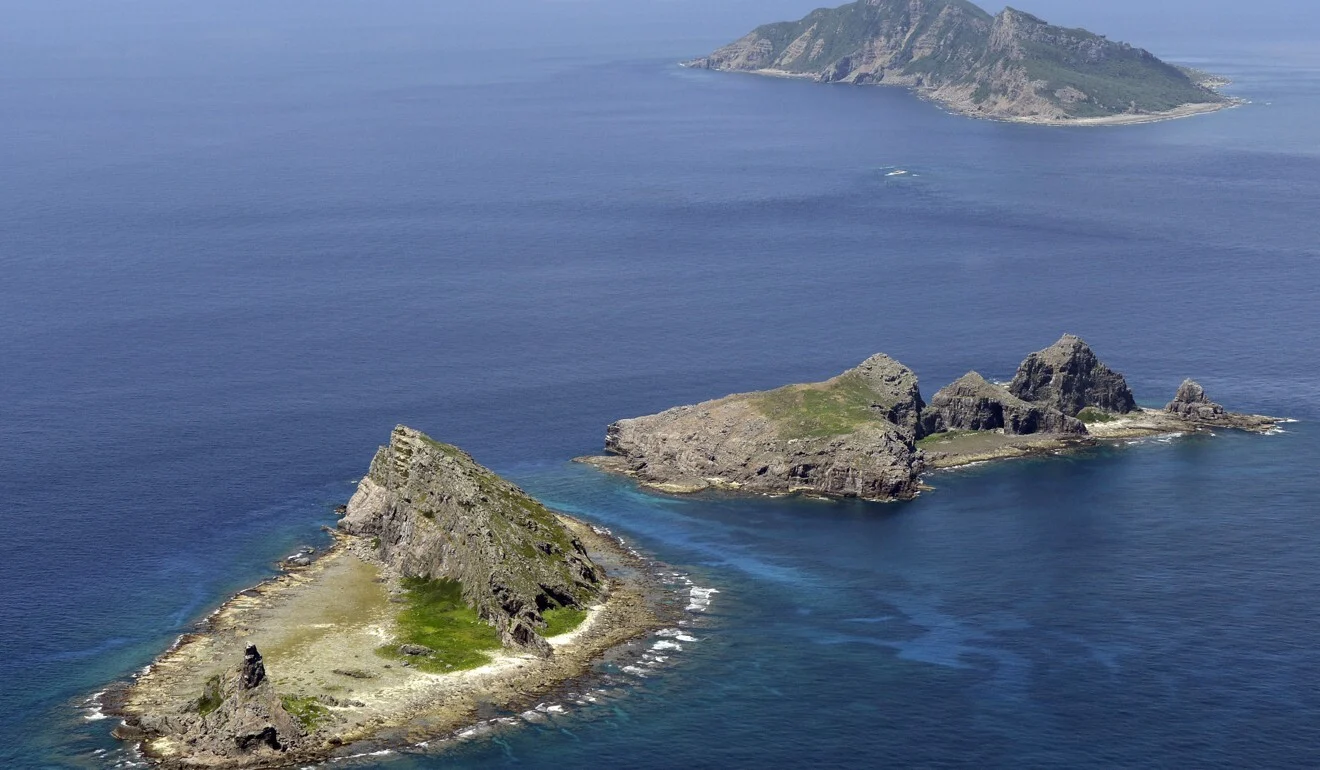 |
| Japanese diplomats reportedly lodged a protest against the growing presence of Chinese coastguard vessels near the Senkaku Islands, known as the Diaoyus in China. Photo: Kyodo |
But unlike the previous documents – which rejected what Beijing calls its historic rights to the South China Sea – Japan’s diplomatic note mentioned China’s obstruction of freedom of navigation and overflight only around submerged features and low-tide elevations that are not deemed to have territorial waters. Observers said that could have been an attempt to avoid pushing China too far.
Japan also stopped short of going into detail about these features, making a specific reference only to Mischief Reef, Sato noted.
Sato said the dispute with Beijing in the East China Sea may complicate Tokyo’s position in the South China Sea.
“Japan’s reluctance is most focused on a fear that its involvement in the South China Sea may result in China’s retaliation in the East China Sea over the Senkaku Islands,” Sato said.
He added that the presence of Chinese coastguard vessels near the Senkakus “has convinced Japan that the growing Chinese assertiveness in both seas has common roots in nationalism and expansionist intent”.
 | China urges Philippines not to focus on maritime dispute on South China Sea Chinese Foreign Minister Wang Yi urged the Philippines not to be distracted by their maritime disputes on the South China Sea but focus on cooperative ... |
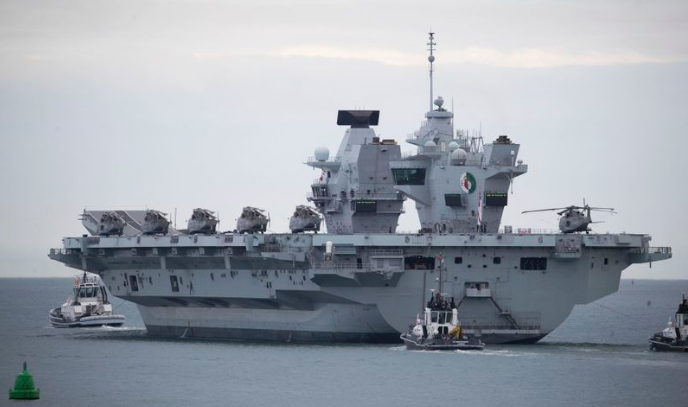 | What Japan says about UK's plan to send aircraft carrier group to Asia seas Defense Minister of Japan Nobuo Kishi on January 14 has hailed the UK’s plan to dispatch an aircraft carrier strike group to waters in the ... |
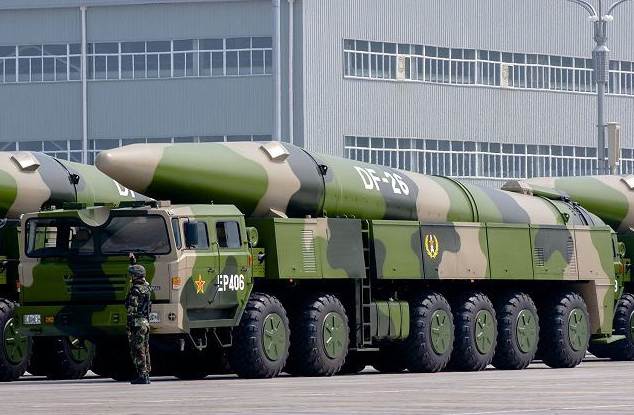 | Japan News: China test fires "carrier killer" missiles at moving ship China launched several anti-ship ballistic missiles in the South China Sea last August. However, according to Japan's Yomiuri Shimbun, the fire did not fall into ... |
Recommended
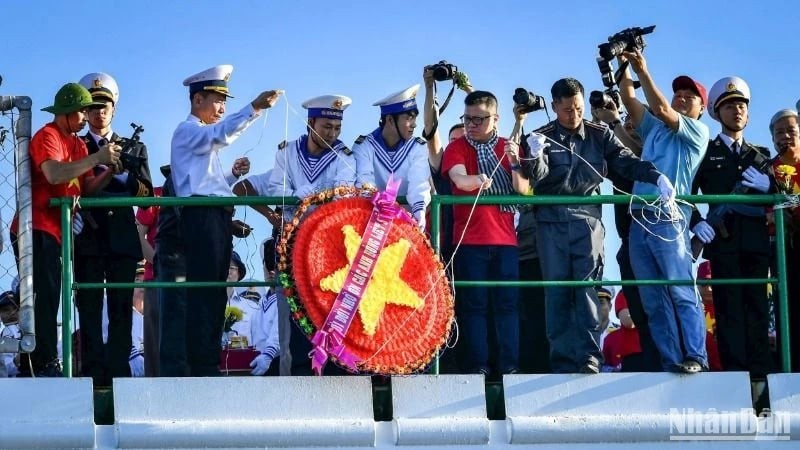 Seas and islands
Seas and islands
Spreading the Love for the Fatherland from the Sea and Islands
 Seas and islands
Seas and islands
Vietnam Endorses Common Voice on Ocean Jurisdiction
 Seas and islands
Seas and islands
Dialogue as Key to Settling Disputes and Advancing Law of the Sea
 Seas and islands
Seas and islands
RoK Navy Ship Pays Friendly Visit to Da Nang City
 Seas and islands
Seas and islands
Naval Region 5 Promotes Reading Culture, Fosters Patriotism
 Seas and islands
Seas and islands
Coast Guard Region 2 Command Hosts Philippine Coast Counterpart
 Seas and islands
Seas and islands
Vietnam - Thailand Navy: Coordination to Well Address Problems at Sea
 Seas and islands
Seas and islands

